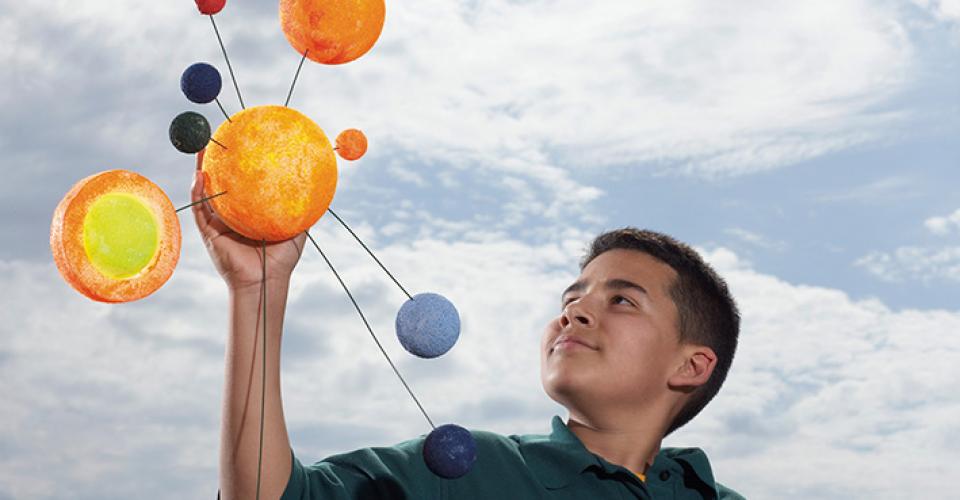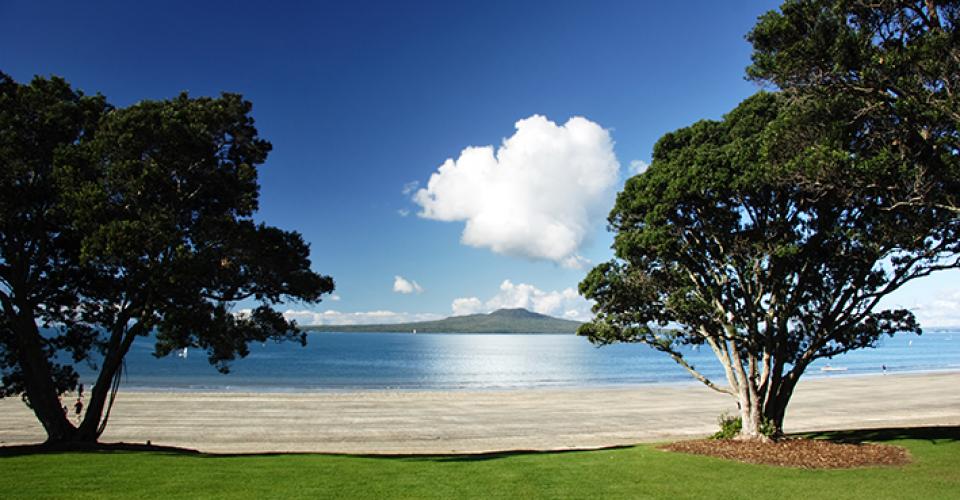2015 PISA/TIMMS report: NZASE President comments
15/12/2016The recent release of the OECD’s PISA (Programme for International Student Achievement) report met with mixed reaction here in New Zealand, concerning the performance of our nation’s students. The NZASE’s President Chris Duggan comments on a mixed bag for science literacy.
“With an acknowledgement that ‘science is not just test tubes and the periodic table; it is the basis of nearly every tool we use’ the focus on scientific literacy is increasingly important in the modern world and the results from this latest PISA test have revealed some interesting data.
“Yes, we improved our rankings on the country comparison chart, but we have failed to improve our results from the last PISA three years ago. Despite the Ministry of Education and MBIE’s ‘Nation of Curious Minds’ initiative, which started three years ago, we have seen no improvement in the science knowledge of our 15 year-old students.
“There’s still a significant ‘tail’ – students performing well below their chronological age. This has been strongly linked to socio-economic level and immigrant status.
“TIMMS (Year 4 and 8) results show New Zealand has improved its Year 4 science results, but in Year 8 there was no improvement. Investing in our primary and intermediate schools’ science programmes - I think - is fundamental to improving our overall scientific literacy, and will ensure our secondary students are well prepared for science learning at high school.
“One positive message we can take from the PISA results is that the gender gap in enjoyment of learning science, for 15 year-olds in New Zealand, is non-existent. This is great news and will hopefully filter through into our employment statistics in a few years’ time.
“Much of what our education system aims to achieve is not measured by PISA tests – however, the overall achievement in science knowledge is not improving and that is a concern.
“Secondary science teachers in New Zealand do an excellent job at overcoming some big challenges. Many students arrive at high school with little knowledge and even a negative attitude to science due to the lack of good science teaching in our primary and intermediate schools. This places huge pressure on Year 9 and 10 programmes, to ensure students are ready to succeed at level 1 NCEA in Year 11.
“Compare this to top PISA-ranked Singapore where 80 per cent of students receive hours of private tuition from 4 years old and you can see we’re not comparing apples with apples.”
The full report can be found here

























Post your comment
Comments
No one has commented on this page yet.
RSS feed for comments on this page | RSS feed for all comments